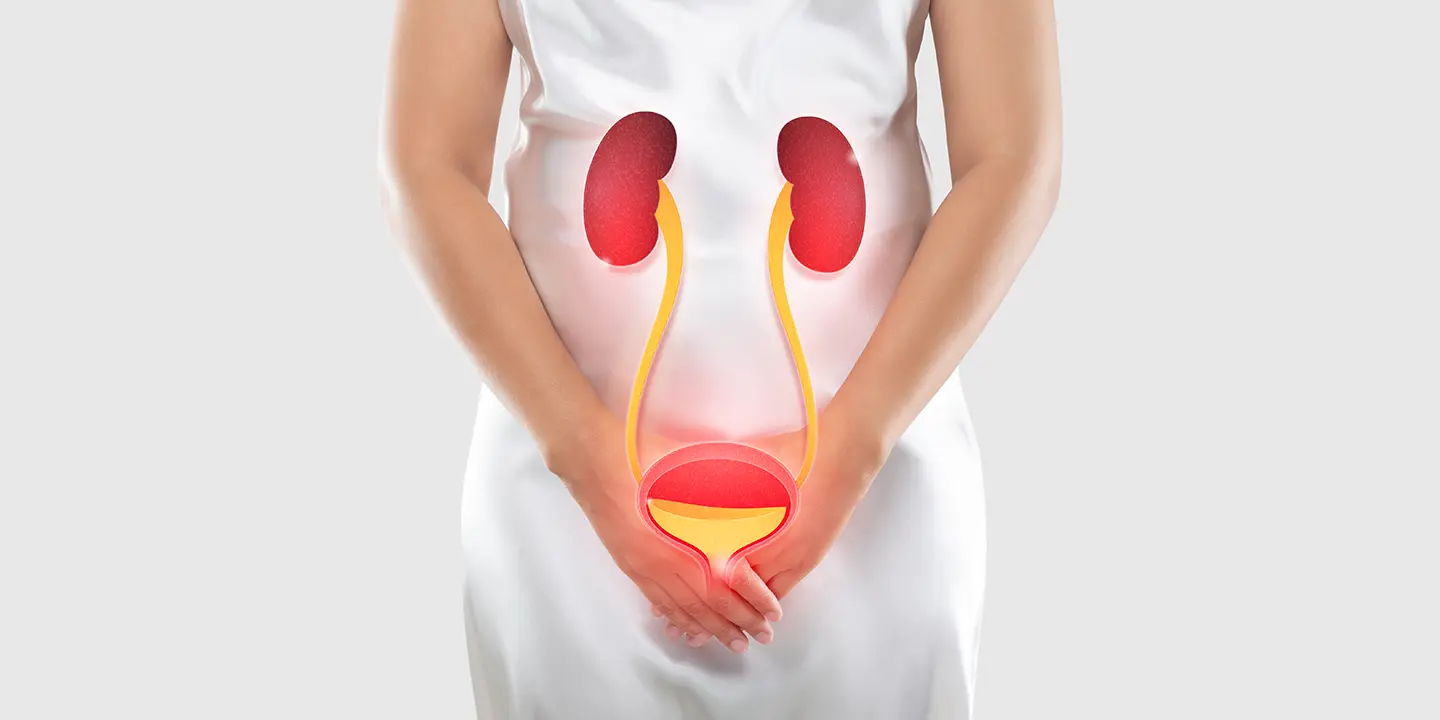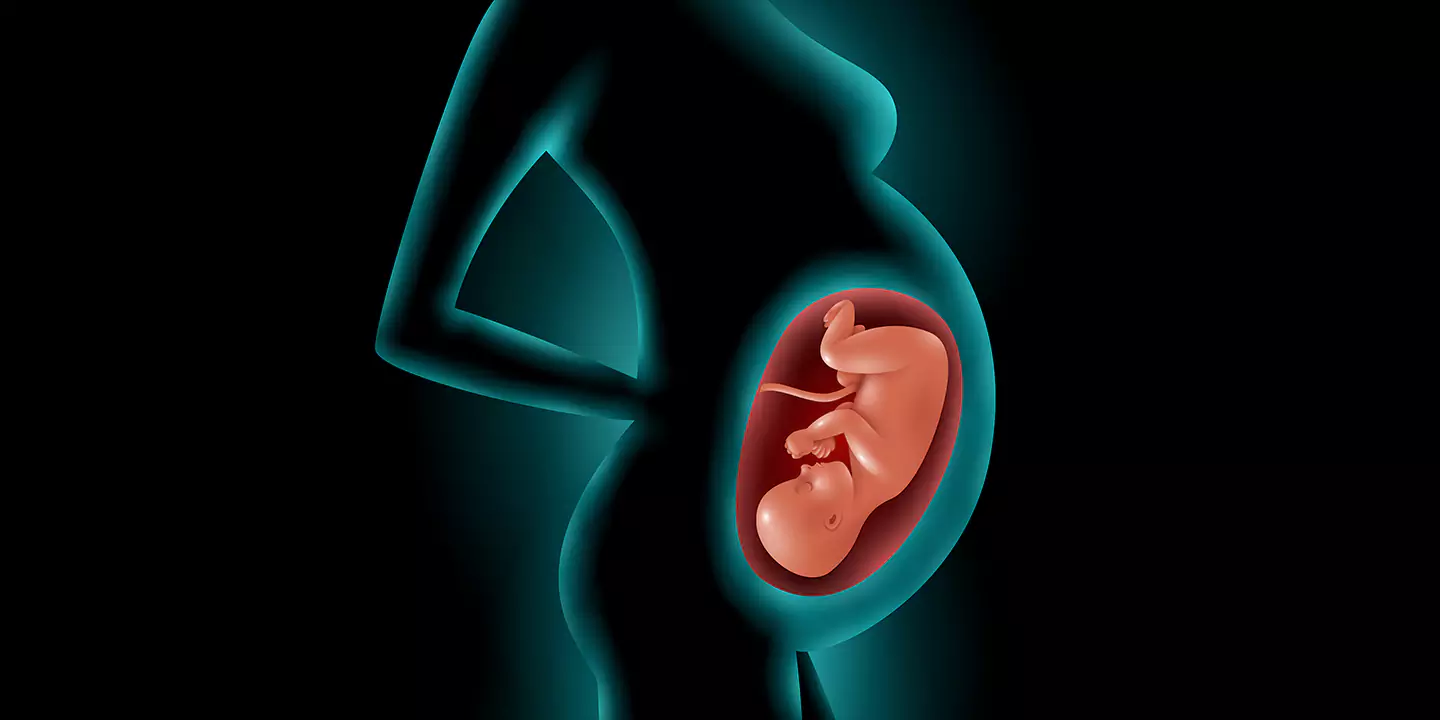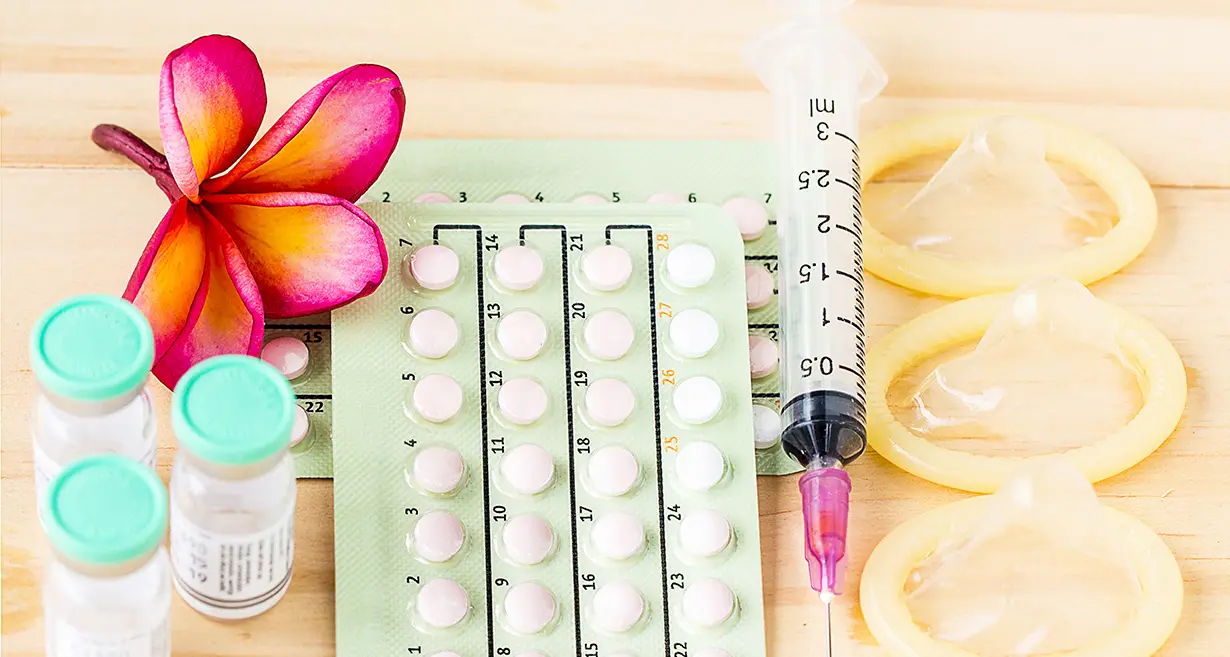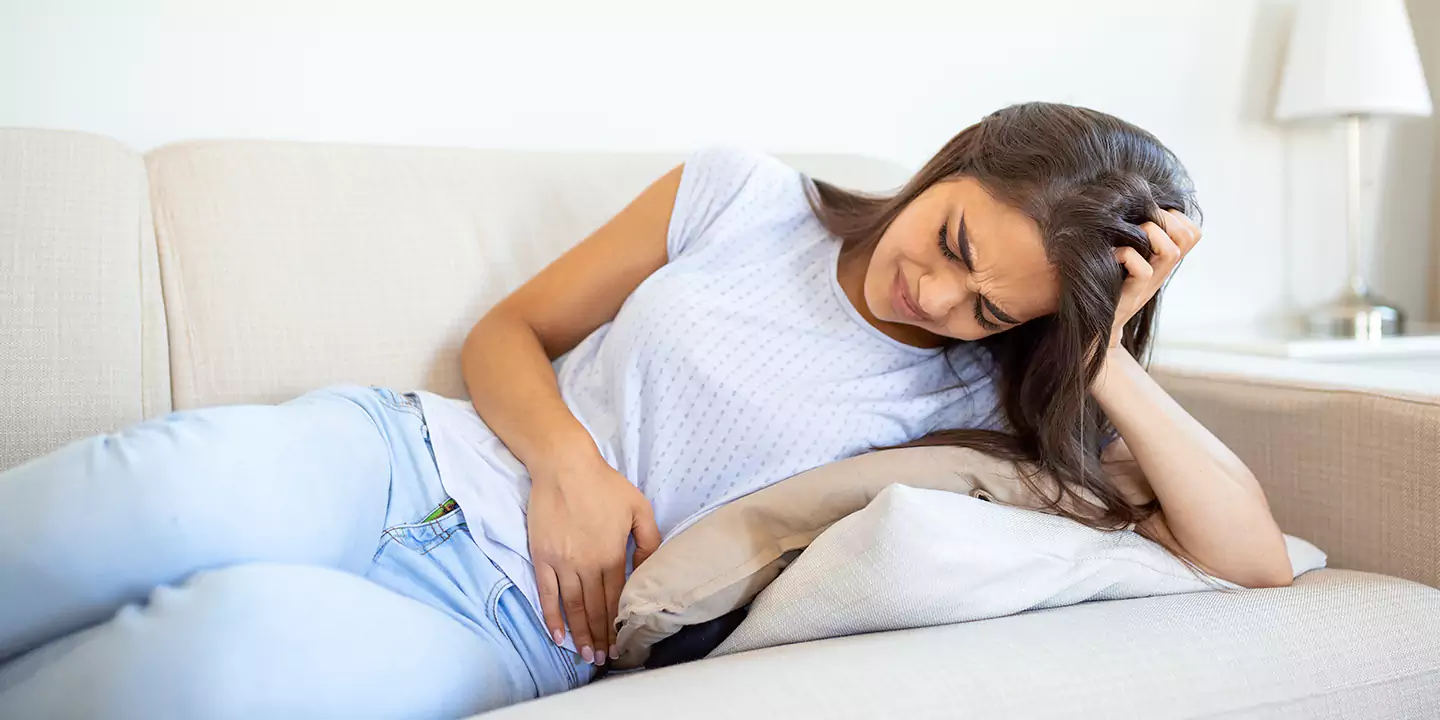
Intramural fibroids are the common uterine fibroids which are noncancerous growths that grow in the muscular wall of the uterus. Usually, these types of fibroids are harmless and do not show any symptoms.
But in some cases, these are problematic and cause heavy periods, lower back pain, spotting between periods, and pain during intercourse. If in case you experience any intramural fibroid symptoms, then schedule an appointment with QUEEN’S GYNECOLOGY to get treated by expert doctors to know the right treatment option for yourself.
In this Article
What are Intramural fibroid?
Uterine fibroids that are not cancerous and grow within the uterus. Left untreated can lead to various consequences regarding the patient’s reproductive health. To determine, diagnose and treat these unwanted growths, one must consult an expert gynecologist as they will help to know the type of fibroids as each type can cause different symptoms, and few of them do not even bring any symptoms. The common types of uterine fibroids are Intramural fibroids which are the growth located in or between the womb (uterine) muscles and grow inside the wall of the uterus. There are three types of Intramural fibroids according to the location :
- Anterior Intramural uterine fibroids – Formed in the front part of the uterus.
- Posterior intramural uterine fibroids – Formed in the back part of the uterus.
- Fundal intramural uterine fibroid that grows in the upper part of the uterus.
Many fibroid, like subserosal fibroids, grow outside the womb and can reach blogger size because they are not in the uterus. However, this is an uncommon type of fibroid but can develop both in the wall of the uterus and in it as well. It is common to have many fibroids at the same location, which can be detected during a routine pelvic examination. For that, gynecologists recommend tests like ultrasound, MRI, etc., to treat it effectively. To treat any condition that is impacting reproductive health, book an appointment with QUEEN’S GYNECOLOGY, as it is a good starting point that offers many OBGYN services.
Related Blog: Subserosal Fibroid: Symptoms, Causes, and Treatment
Symptoms of Intramural fibroid
Intramural fibroids generally show no symptoms at all, or they may cause symptoms like :
- Prolonged bleeding during periods and spotting between periods
- Heavy bleeding during periods
- A feeling of fullness in the abdomen
- Pelvic or lower back pain
- Constipation
- Urinary issues
- Fatigue
- Anemia because of excessive bleeding
Intramural fibroids can interfere with pregnancy, fertility, and vaginal childbirth and depend upon their size and location. Its occurrence prevents fertilized eggs from anchoring ( implantation) to the uterus. Thus, if you are planning for pregnancy, then it is vital to find out the Intramural fibroids’ causes and their location. QUEEN’S GYNECOLOGY is there for you to help you determine the root cause and help you to treat it.
Causes of Intramural fibroid
However, the exact cause of any Intramural fibroids, whether posterior Intramural fibroids or others, is still unknown. As per experts, fibroids develop from problematic muscle cells in the middle part of the uterine wall, and under the influence of estrogen, they multiply themselves and create a tumor. However, all theories still need to be proven. Below are certain risk factors that make a person more prone to developing fibroids :
- A family history that has fibroids
- High body mass
- Not having kids
- Menstruation onset at an early stage
- Menopause at a later age
Related Blog: 20 Dietary Changes to Reduce Fibroid Growth
Diagnosis of Intramural fibroid
The growth of fibroids may also be linked to the hormones estrogen and progesterone. Fibroids often shrink post-menopause because of the drop in these hormones. Intramural fibroids can be detected during a routine examination for other health issues. If you have Intramural fibroids symptoms like heavy periods, then gynecologists will physically examine your uterus to feel fibroids. They may recommend additional screenings like ultrasound, MRI, or CT scan if they can feel it.
Treatment of Intramural fibroid
Intramural fibroids treatment generally starts with different observations, and doctors recommend tests and monitor symptoms regularly to know the changes in your body. The examination and screening are done for final diagnosis and to start appropriate treatment of fibroids. However, there are many cases in which there is no need for treatment of fibroids as they do not cause any symptoms. But in cases causing symptoms like pain, heavy periods, or infertility, you should discuss your condition with an expert gynecologist. QUEEN’S GYNECOLOGY is the right option for you as it offers many surgical and nonsurgical treatments.
- Nonsurgical treatments
After diagnosing the root cause of fibroids symptoms, Gynecologists will start treatment by fixing and controlling these symptoms, which can include hormonal birth control to manage heavy periods. Nonsurgical treatment options can also treat people who still experience symptoms like
- UAE – Uterine artery embolisation is a process that blocks blood flow to the fibroid and helps shrink or disappear it.
- MR guided HIFU – High intensity focused ultrasound is also known as myolysis and is a process that uses focused ultrasound rays to destroy fibroids.
- Surgical options
In some cases, intramural fibroids can be difficult to treat and do not respond to nonsurgical options. Thus the right option is surgery which is termed a myomectomy and is done laparoscopically. The surgery helps remove fibroids while keeping the uterus in place; it is considered the best option compared to a hysterectomy, in which the uterus is removed.
How QUEEN’S GYNECOLOGY helps you to treat Intramural fibroid?
QUEEN’S GYNECOLOGY offers both surgical and nonsurgical treatment in Delhi for fibroids, and the treatment option is based upon the symptoms and patient’s preference. At QUEEN’S GYNECOLOGY, expert gynecologists and surgeons treat all conditions through hysteroscopic or laparoscopic myomectomy procedures. The treatment at QUEEN’S GYNECOLOGY is at an affordable rate. However, the cost of the Intramural fibroids treatment varies and depends from patient to patient and many factors.
Conclusion
Intramural fibroids can lead to heavy bleeding, pain and infertility, and thus, it should not be ignored. It also decreases the person’s ability to conceive a child because it blocks fallopian tubes and becomes an obstacle. It can also interfere with maintaining a healthy pregnancy; thus, if you experience any Intramural fibroids symptoms, it is better to book an appointment with QUEEN’S GYNECOLOGY to get yourself treated as it will help make symptoms disappear. Depending on the type of fibroid, whether fundal Intramural fibroid, posterior Intramural fibroid, or another one, the expert team can create a treatment plan. Schedule a consultation and discuss all your concerns about the symptoms and others. Take fibroids seriously, as they can affect your health and future plans in terms of pregnancy.
FAQ’s
Intramural fibroids can grow larger, and women may even notice an enlarged abdomen. However, they are even mistaken for pregnancy or weight gain.
The fibroids grow inside the uterus, but the time they grow, they cause the uterus to expand. Because of the pressure out onto surrounding organs, a person experiences back pain.
Uterine fibroids usually do not turn into cancer, they are mostly benign. These are common pelvic tumors that are noncancerous.
Uterine sarcoma is an extremely rare type of cancer that forms in the muscles or tissues of your uterus.

























































































































































































